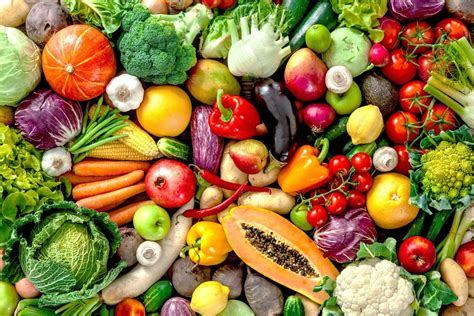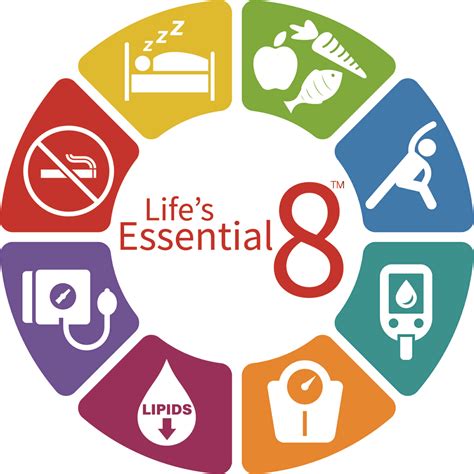Which foods optimize male testosterone & hormonal balance for peak performance?

Understanding Male Hormonal Health and Peak Performance
For men striving for peak physical and mental performance, optimizing testosterone and maintaining overall hormonal balance is paramount. Testosterone, the primary male sex hormone, influences everything from muscle mass and bone density to mood, energy levels, and libido. When these hormonal levels are imbalanced, it can lead to fatigue, decreased athletic performance, reduced cognitive function, and a host of other health issues. While lifestyle factors like sleep, exercise, and stress management play a crucial role, diet stands as a foundational pillar in naturally supporting and enhancing male hormonal health.

Key Nutrients for Testosterone Production and Hormonal Harmony
To naturally boost testosterone and ensure hormonal equilibrium, the body requires a consistent supply of specific macro and micronutrients. Focusing on a diet rich in these key components can make a significant difference:
- Healthy Fats: Cholesterol, often demonized, is a precursor to testosterone. Healthy saturated and monounsaturated fats are essential for its production.
- Zinc: This vital mineral is crucial for testosterone synthesis and maintaining sperm health. Deficiencies are directly linked to lower testosterone.
- Vitamin D: More than just a vitamin, it acts as a steroid hormone in the body, with strong links to testosterone levels. Sun exposure is key, but dietary sources are also important.
- Magnesium: Involved in over 300 enzymatic reactions, magnesium helps improve free testosterone levels by reducing the binding of testosterone to Sex Hormone Binding Globulin (SHBG).
- Cruciferous Vegetables: Compounds like Indole-3-Carbinol (I3C) and Diindolylmethane (DIM) found in these vegetables help the body metabolize estrogen, preventing its excessive accumulation which can suppress testosterone.

Top Foods to Incorporate for Optimal Male Hormonal Health
1. Fatty Fish (Salmon, Mackerel, Sardines)
Rich in Omega-3 fatty acids, these fish reduce inflammation and are crucial for cellular health, indirectly supporting hormone production. They are also excellent sources of Vitamin D, a known testosterone booster.
2. Oysters and Shellfish
Oysters are legendary for a reason—they are one of the richest dietary sources of zinc, an essential mineral for testosterone synthesis. Other shellfish like crab and lobster also provide substantial zinc.

3. Leafy Green Vegetables (Spinach, Kale, Swiss Chard)
These powerhouses are packed with magnesium, which helps increase bioactive testosterone. They also contain various vitamins and antioxidants that support overall health and reduce oxidative stress.
4. Eggs
Whole eggs are a complete protein source and contain cholesterol, which as mentioned, is a building block for testosterone. They also provide vitamin D, healthy fats, and selenium.
5. Avocados, Nuts, and Seeds
Avocados are rich in monounsaturated fats, crucial for hormone production. Almonds, walnuts, and pumpkin seeds provide healthy fats, zinc, magnesium, and vitamin E, all beneficial for male hormonal health.
6. Cruciferous Vegetables (Broccoli, Cauliflower, Brussels Sprouts)
These vegetables contain compounds like Indole-3-Carbinol (I3C) and Diindolylmethane (DIM). These compounds help the body process and eliminate excess estrogen, preventing it from negatively impacting testosterone levels.

Foods to Limit or Avoid for Hormonal Balance
Just as important as what you eat is what you avoid. Highly processed foods, excessive sugar, refined carbohydrates, and unhealthy trans fats can lead to inflammation, insulin resistance, and increased body fat, all of which negatively impact testosterone levels. Excessive alcohol consumption can also disrupt hormonal balance. Opting for whole, unprocessed foods is always the best strategy.
Beyond Diet: A Holistic Approach
While diet is a cornerstone, remember that hormonal balance is a multi-faceted endeavor. Adequate sleep (7-9 hours), regular strength training, managing stress effectively, and minimizing exposure to endocrine-disrupting chemicals (found in plastics and certain personal care products) are equally vital for maintaining optimal testosterone levels and achieving peak performance.

Embrace a Lifestyle for Lasting Hormonal Health
Optimizing male testosterone and hormonal balance is not about quick fixes but a sustainable lifestyle commitment. By strategically incorporating nutrient-dense foods, limiting detrimental ones, and supporting your body with healthy habits, you can naturally enhance your hormonal profile, leading to increased energy, improved strength, better mood, and overall peak performance in all aspects of life.









